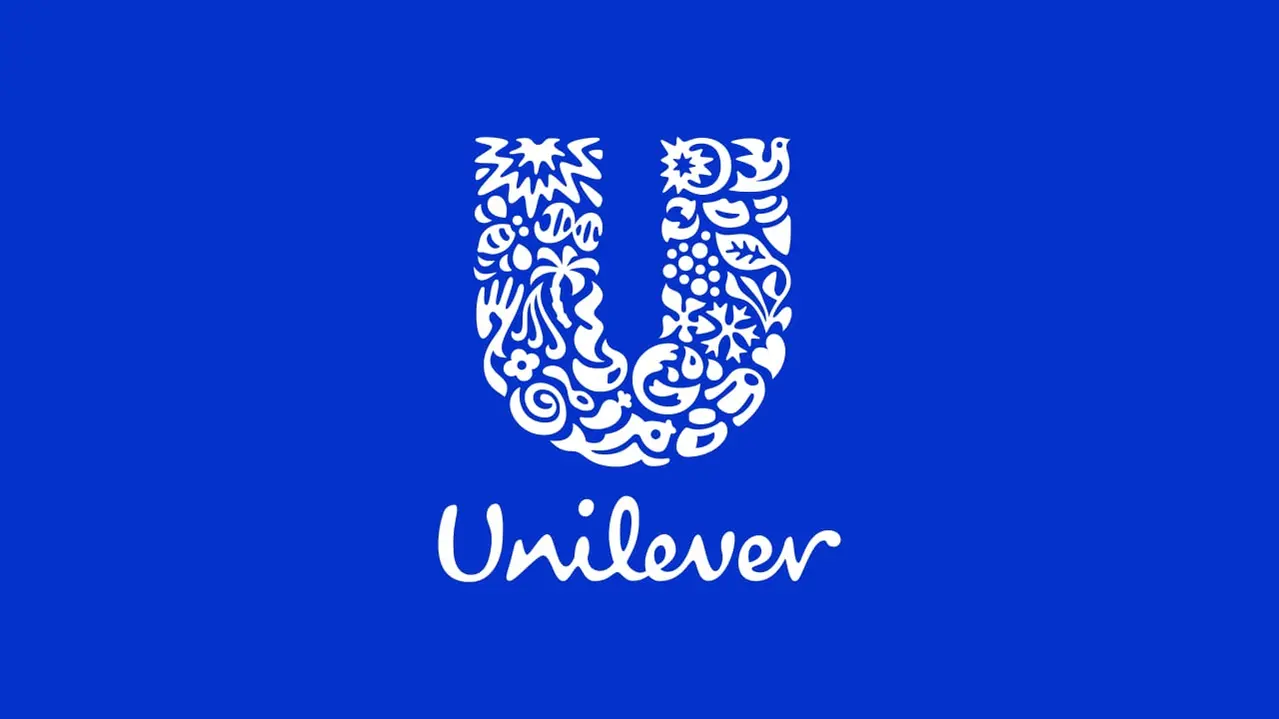
Podcast
Beyond Packaging
Hosts Laura Foti and Matthew Wright introduce their new biweekly podcast, Beyond Packaging, an evolution of Beyond the Shelf. The show will explore the intersection of packaging, innovation, technology, and sustainability.
It will also feature a recurring segment with packaging consultant Matt Dingee, examining historical packaging from Michigan State University’s New Product Works Collection. With over 20 years of industry experience, Matthew will also share personal insights and predictions for the future of packaging.
If you are interested in being a guest on the podcast, apply today!
Listen to the most recent episodes:
Discover the Impact of Specification Management
Access our free resource library, and learn how to focus your data strategy, innovate, and drive your bottom line growth from industry experts.
Get Started
With Specright’s Solution Suite, you can digitize, centralize, and link your specification data to drive efficiencies, intelligence, traceability, and collaboration within your organization and across your supply chain network.


